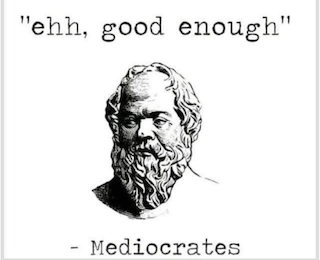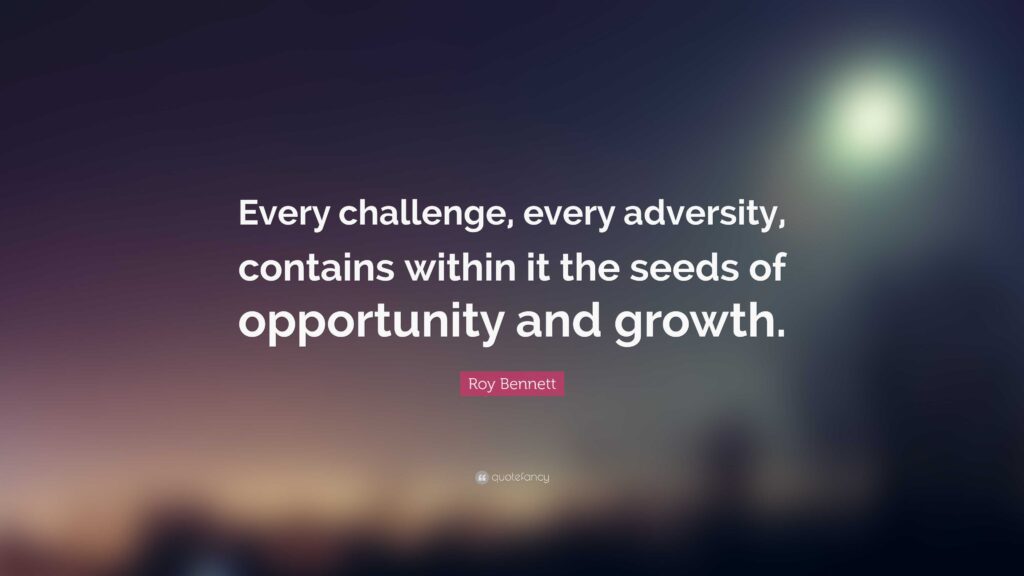Is it a strength or a skill?
I was watching a video by organizational psychologist Adam Grant on Instagram where he said he doesn’t like the conventional advice to “play to our strengths.” He feels that keeps us stuck in our comfort zones, when we might develop new strengths. For example, he noted if he’d played to his strengths, he wouldn’t have become a diver, teacher or writer.
Fair point, however, I think he may be referring to skills, rather than strengths. What’s the difference?
Skills are things you have learned how to do and knowledge bases you have accumulated. Adam’s examples of diver, teacher and writer are all skills. A few more examples are being good at creating a PowerPoint presentation or speaking foreign languages or fixing an engine or baking the perfect soufflé. Some skills you may be barely functional at, and at some you may be a master. (Behind that mastery may be a strength lurking…for Adam it probably has to do with his curiosity, love of ideas, and desire to help people grow and improve.)
I do a lot of work with my clients to identify their “signature strengths” (i.e., a phrase coined by Martin Seligman, positive psychologist and author of the book “Authentic Happiness”). Signature strengths are what you are uniquely designed to do well. You are wired this way from birth, and develop and shape these over your lifetime. This is who you are, how you show up, and what you are going to do well time and again – often without trying. Think of these as your “special sauce.“ (And note that strengths are not industry specific.)
Here are a few recent examples of signature strengths from different clients:
– Personable and dependable colleague enjoys genuine relationships and using fun to move the work forward
– Quiet consensus builder keeps teams effective and on target
– Natural mentor is supportive and generous, putting others at ease and helping them to feel empowered
If you can’t name your signature strengths yet, that’s ok! This is a process; with my clients, we do two self-assessments and a 360 degree review where we ask other people about their strengths. External feedback from others is essential for two reasons:
1. You can’t have an accurate self image without external feedback; we naturally de-value our strengths since they come easy to us, so our self-image is often lower than it should be
2. We DO want you playing to your signature strengths 75-80% of the time at work; so we have to identify those strengths and then go about finding work that fits
Knowing the difference between strengths and skills can help you find purposeful work. You want to be able to use as many of your strengths as possible on a daily basis. Skills are handy and can set you apart, but you don’t need to have every skill for that next job, because you can always learn new skills – and should!
So DO play to your strengths AND keep learning new skills!
p.s. As always, your comments are welcome on this post at https://www.facebook.com/jenfrankcoaching.
Read More





